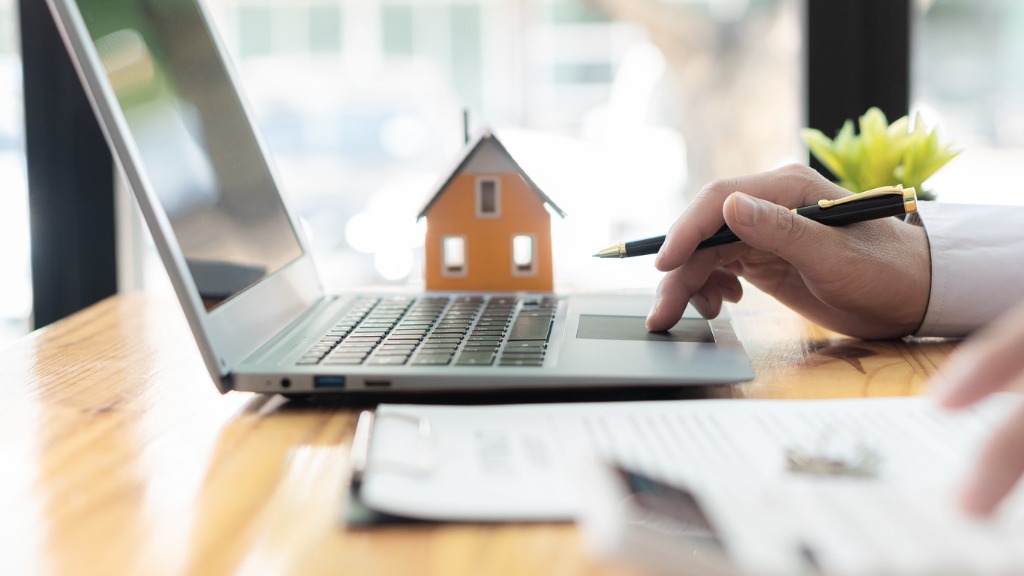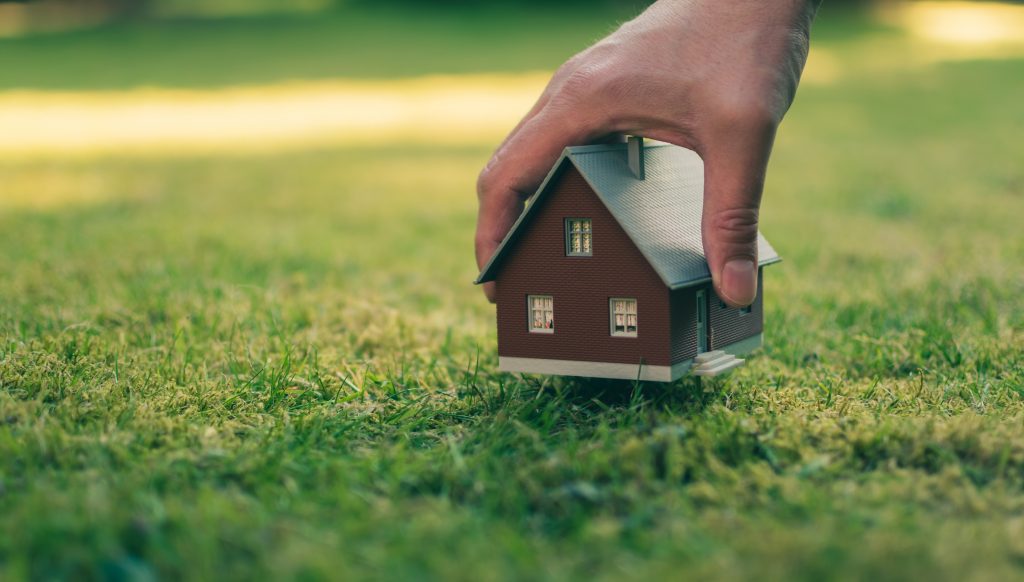The value of a property is often reduced to its location. While location is undeniably a central factor, there are a multitude of other aspects that influence the market value of a property in Switzerland. From the economic environment to the structural integrity to socio-cultural trends—these factors often work together to shape the pricing landscape significantly.
In this article, we take a detailed look at the seven most important influencing factors and valuation criteria you should know, whether you are planning to buy, sell, or simply understand the current value of a property.
Location, Location, Location
In the world of real estate, location is not just one factor among many—it is the critical element that determines the market value of a property. In Switzerland, the difference in value becomes particularly evident when comparing thriving economic centers like Zurich with the idyllic but less accessible rural areas of Jura. A central location in a metropolis, close to thriving business districts and major workplaces, can drive a property’s price to astronomical heights. On the other hand, more remote locations may offer lower prices, but at the cost of access to urban infrastructure and amenities.
The connection to the transportation network and proximity to key facilities such as schools and shopping centers are also crucial. Well-connected properties command higher market values. Similarly, proximity to natural and cultural attractions adds value. In Switzerland, where nature and culture go hand in hand, locations near lakes, mountains, or cultural institutions are particularly sought after.
Thus, the location of a property is more than just an address. It is the result of a complex interplay of economic, social, and natural factors that define its true value. A deep understanding of this dynamic is crucial for anyone looking to invest in real estate in Switzerland. The geographical position determines not only the current value of a property but also its future appreciation potential.
Market Conditions and Economic Factors
The real estate market is largely influenced by the dynamics between supply and demand. In a country like Switzerland, where space is limited, and population density is high, even small changes in the supply of real estate can lead to significant price fluctuations. While periods of economic prosperity drive prices up due to increased demand, economic setbacks can lead to decreased demand and, consequently, falling prices.
The economic climate also plays a central role in property valuation. Times of economic stability and growth encourage investment in the real estate market, which tends to push prices higher. On the other hand, political uncertainties or global events can weaken investor confidence and cool the market, thereby dampening property prices.
Interest rates are another crucial factor influencing the real estate market. Low mortgage rates make access to property loans easier and, therefore, boost demand. High interest rates, on the other hand, can deter potential buyers, leading to a drop in demand and putting downward pressure on property prices. These financial conditions are thus critical to market development.
Condition and Age of the Property
Building Quality and Maintenance The structural condition of a property is a crucial indicator of its value. High-quality building materials and solid construction not only contribute to the longevity of the property but also enhance its market appeal. Regular maintenance and modernization can significantly increase a property’s value by improving its usability and aligning it with current standards.
Renovations and Extensions Modernizations that improve living comfort or increase a property’s energy efficiency positively affect its market value. In Switzerland, where environmental awareness is high, such investments can be particularly value-enhancing. Moreover, renovations are often required to meet legal requirements and maintain or increase property value.
Without adequate modernization, the value of older properties can quickly decline, while well-maintained historic buildings often retain or even increase in value due to their unique character.
Size and Layout
Dimensions and Usable Space The size of a property is an immediate indicator of its value. In Switzerland, where living space is particularly scarce and expensive in urban areas, the square footage plays a crucial role. More space not only means more room for individual design but also potentially higher rental income and sales prices. However, the efficiency of space utilization is equally important, as a well-thought-out layout can significantly enhance the living and usability value.
Layout and Functionality An intelligent layout can greatly enhance a property’s attractiveness. Functional spaces that meet the needs of residents, such as open living areas, sufficient privacy in bedrooms, and logically arranged functional areas, contribute to quality of life. Flexible room solutions that support home offices and other modern lifestyles are particularly in demand today.
Aesthetic and Practical Value The aesthetic appeal of a property, influenced by its architectural design and space utilization, cannot be underestimated. An appealing design that combines both aesthetic and practical aspects can significantly impact a property’s value. The design of a property can make a cultural statement while also increasing its market value.
Amenities and Special Features
Modern Amenities In today’s Swiss real estate market, modern and high-quality amenities are among the key factors that influence a property’s value. Technological features like smart home systems, energy-efficient heating systems, and high-end security technology can significantly enhance a home’s attractiveness and functionality. These features not only increase comfort but are also beneficial from both an ecological and economic perspective.
Energy Efficiency and Sustainability Given the growing environmental awareness, a property’s energy efficiency is becoming increasingly important. Efficient insulation, solar panels, and other sustainable technologies are not only good for the environment but also for the owner’s wallet, as they save costs in the long run.
Unique Properties: Special Features and Architecture Architectural uniqueness and aesthetic design elements can add significant value to a property. Whether it’s historic features that have been lovingly restored or avant-garde new buildings with striking design concepts, such characteristics make a property not only distinctive but often more desirable on the market.
Legal Aspects
Land Registry Entries and Encumbrances Legal clarity regarding a property is also of great importance for its value in Switzerland. Entries in the land register, such as easements, rights of way, or building restrictions, can significantly impact the use of a property and, consequently, its value. In particular, building rights as easements can limit an owner’s options. Clear and unencumbered ownership, on the other hand, greatly enhances a property’s attractiveness and, thus, its value.
Zoning Regulations and Building Permits Zoning regulations govern the type of use permitted on a property and can directly influence its value. Building permits required for certain projects determine the extent to which a property can be adapted to the owner’s needs. Compliance with these regulations is essential to avoid legal problems and potential devaluation.
Future Development Potential
Planned Infrastructure Projects The planning and realization of new infrastructure projects, such as transport links, schools, hospitals, and shopping centers, can significantly enhance a region’s attractiveness and, thus, property prices in the surrounding area. In Switzerland, where the quality and accessibility of infrastructure are highly valued, such projects can lead to long-term appreciation for adjacent properties.
Urban Development Urban development plans, which involve designating new residential areas or converting industrial sites into residential or commercial zones, also impact property values. Areas slated for such development may experience higher demand and, therefore, an increase in value.
Environmental and Sustainability Projects Initiatives and projects aimed at improving environmental quality and promoting sustainability, such as creating green spaces or enhancing energy efficiency in urban areas, can improve quality of life and increase property values.
Economic Initiatives Regional economic initiatives, such as attracting new businesses or promoting start-ups, can improve employment opportunities in an area and, therefore, increase its residential value. A dynamic local economy attracts people, which, in turn, boosts demand for housing and positively influences property prices.
Conclusion
The value of a property is determined by a variety of factors that go far beyond simple location determination. In this article, we highlighted seven key factors that significantly influence property value in Switzerland. From micro and macro location to the condition of the property and economic conditions to future development potential—each of these elements plays a crucial role in property valuation.
Understanding and considering these factors is essential for anyone looking to make informed decisions in the real estate market. Whether as a buyer, seller, or investor, knowing these aspects allows you to recognize opportunities, weigh risks, and ultimately determine a property’s realistic value.




